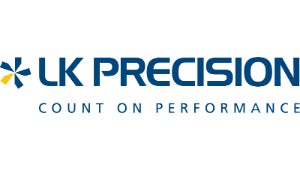DOWNLOAD WHITEPAPER
Extreme Precision Cutting
We manufacture complex industrial components for sectors that operate with extreme requirements on precision and quality.
Thanks to our technical skills and the leading spearhead technology on the market and remarkable flexibility, we can handle even the most challenging production projects.
Our broad customer base encompasses world-leading pharmaceutical companies, aerospace industry, and hi-tech niche enterprises.
Download to find out more.










